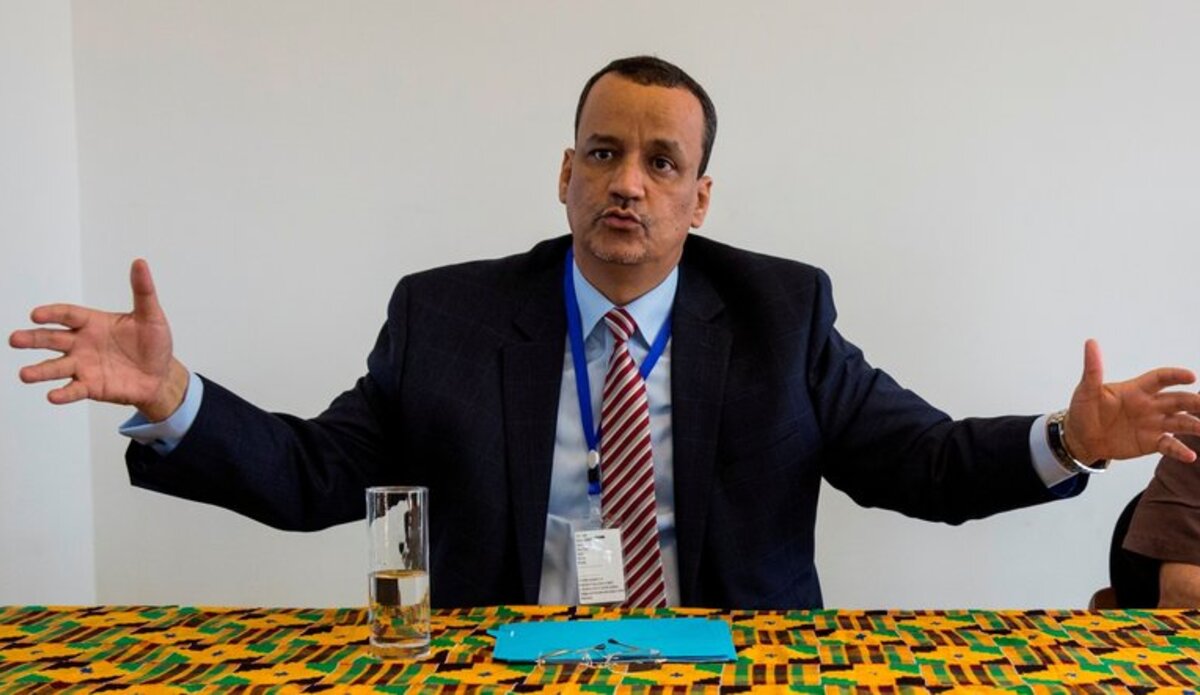Since the uprisings in Yemen broke out in early 2011, the United Nations has been engaged, through the good offices of the Secretary-General, in helping Yemenis to find a peaceful solution. The United Nations provided support for the negotiations between the Government and the opposition, which resulted in the signing of the Gulf Cooperation Council (GCC) Initiative and its Implementation Mechanism in Riyadh on 23 November 2011. The United Nations has since remained actively engaged with all Yemeni political groupings to facilitate and provide support for the effective implementation of the GCC Initiative and its Implementation Mechanism.
To ensure the full and effective implementation of Security Council resolutions 2014 (2011) and 2051 (2012), together with the GCC Initiative and its Implementation Mechanism, the Secretary-General established the Office of the Special Envoy to the Secretary-General on Yemen. Since the establishment of the Office of the Special Envoy in 2012, the United Nations has provided support for the Yemeni-led political transition process and has promoted inclusive participation, including of previously marginalized groups, such as women, youth, the Houthis and Southern Hirak. With the support and facilitation provided by the United Nations, Yemenis concluded a National Dialogue Conference in January 2014, which brought together 565 delegates from all the regions and political groupings of Yemen. The outcome document of the National Dialogue Conference established the foundations for a new federal and democratic Yemen, with support for good governance, the rule of law and human rights. A Constitution Drafting Commission was created to draft a new constitution based on the National Dialogue Conference outcomes.
Despite important progress in the political transition, conflicts between the Houthis, other armed groups and government forces led to an escalation of military violence in mid-2014. Notwithstanding agreements brokered by then United Nations Special Adviser, the Houthis and allied units of the armed forces seized control of Sana’a and other parts of the country in September 2014 and over the ensuing months.
The United Nations facilitated numerous rounds of negotiations to resolve the political impasse, but these efforts were ineffective to halt the escalation of military confrontations that continued in early 2015. At the request of President Abd Rabbuh Mansour Hadi, a coalition of countries led by Saudi Arabia intervened militarily on 26 March 2015 to secure the return of the Government. The ensuing conflict triggered a humanitarian emergency. Al-Qaeda in the Arabian Peninsula and other terrorist groups have actively exploited the chaos, extending their control over significant areas and conducting frequent attacks against government and civilian targets in many areas.
The United Nations has repeatedly reiterated that there is no military solution to the Yemeni crises and has called for a return to peaceful negotiations.
In its resolution 2216 (2015), the Security Council requested the Secretary-General to intensify his good offices role in order to enable the resumption of a peaceful, inclusive, orderly and Yemeni-led transition. Since then, the Special Envoy has facilitated successive rounds of consultations aimed at obtaining a negotiated settlement to end the conflict and resume the political transition process, including direct talks in Switzerland in June and December 2015, and in Kuwait from April to August 2016. Despite these efforts by the United Nations, fighting continues between various parties throughout the country, including along the Saudi Arabia-Yemen border. Concurrently, attacks claimed by Al-Qaeda in the Arabian Peninsula and Islamic State, as well as counter-insurgency operations against those groups, continue in southern Yemen where the overall security situation remains highly volatile.
After two and a half years of armed conflict, a stalled peace process and a severe economic decline that has accelerated the collapse of essential basic services and institutions, Yemen is in the grip of a protracted political, humanitarian and developmental crisis. Violence against civilians and their assets is causing unspeakable suffering. Health facilities have reported 8,673 conflict-related deaths and over 58,600 injuries. Yemen is facing the world’s largest food security crisis and an unprecedented cholera crisis. Some 22.2 million people, including 2 million internally displaced people, require humanitarian aid or protection assistance. Currently, 17.8 million people are food-insecure or malnourished, of whom 8.4 million acutely so—24 per cent more than in 2016. With only 45 per cent of health centres functional due to the conflict, and limited availability of medicine, the capacity of the health system to respond to disease and injuries is dangerously compromised, which led to one of the largest and fastest-spreading cholera outbreaks.

